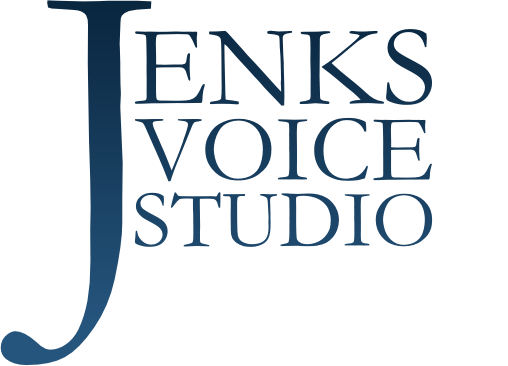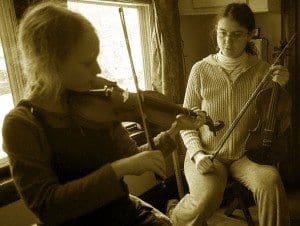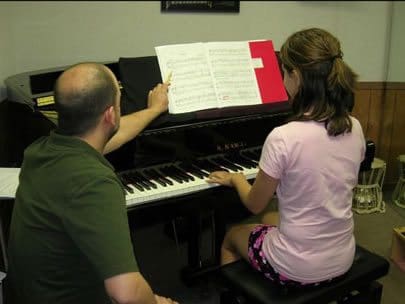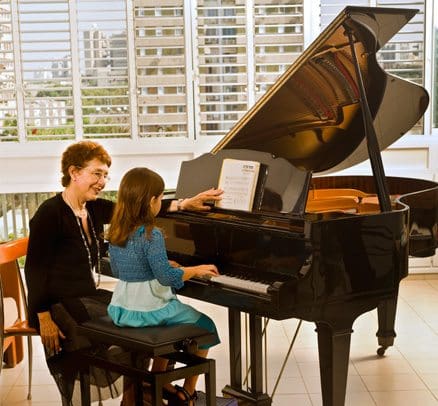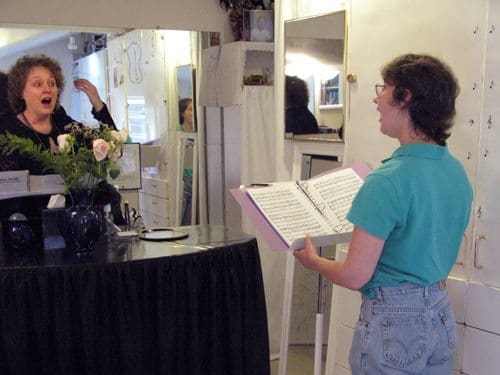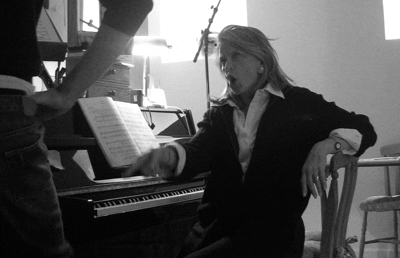The Marionette Lesson
Published on November 11th, 2014 by Brad Jenks
← Back To All PostsI have, of late, been doing some pedagogical reflection on the nature of the voice lesson. Over the last two years or so, I have felt increasingly old-school, all the while sensing that social notions of singing are trending quite the opposite direction. Feeling this tension I began to wonder what on earth is to become of the "voice lesson"... Will it simply become more and more a vague coaching/cheerleading session? Will critique and technique be forever lost to avoid wounding the ego of "the talented”?
Consequently, my mind drifted to the nature of music lessons in general, not solely voice. It occurred to me that no one who cannot play piano thinks they can play piano. No one who has never played violin thinks they can play violin, etc. Yet even those who admit to not having sung much arrive at a teacher’s door with plenty of opinions on the subject of singing. As a result, the teacher is left with an enormous amount of convincing to do. I have not infrequently felt in the last couple of years that I have spent more time trying to convince students A) that I know a thing or two, and b) that certain basic things (like sing above a whisper!) really are non-negotiable in studying voice. To be perfectly frank, I've been feeling lacking in the patience that perhaps I once had to deal with this. This set my mind down the road seeking resolution.
In considering this question I began to reflect on how often I and other teachers have commented on the unmotivated student. But even unmotivated students with other instruments often still learn to play up to some minimum standard, provided they don't quit lessons. This is not always the case with voice. And this difference made me wonder...
The student of any other instrument walks in, attends to their instrument, and begins to do what is expected of them and receives correction. The voice student very often arrives, and awaits the instruction of the teacher. Many students simply come to lessons and present themselves to their teacher almost as an instrument waiting to be played. The degree to which this subconsciously absolves the student of responsibility for their own vocalism is, to my mind, significant. It seems a subtle thing, but in the voice studio, psychology can be a pivotal factor. And usually, the only other instrument in the room, the piano, is usually directed by the teacher as well, all the while gesticulating and conducting the young vocalist – again as if playing the student like a fiddle.
My question became, why this difference in instrumental instruction and vocal instruction? Is it necessary? Is it potentially unhelpful,hindering or even harmful? Is there any other possible way to approach lessons?
For years now I have been teaching according to this standard model. Within the last couple of years, however, it became apparent to me that younger generations (my own being the last perhaps) increasingly have no idea how to practice. As a result every five lessons or so (for beginners) the lesson would consist of them practicing while I observed and commented. This would give them a sense of what sorts of things they should be doing at home. But it put them at the keyboard and in the driver’s seat. As I began to do this bit of recent reflecting, it occurred to me that perhaps that is the new model. Perhaps this, given current generational considerations, is the best way to address the vocal student. No longer then is it a question of whether or not you think the teacher knows what they're talking about. The lesson brings them face-to-face with their own vocalism and asking the far more important question "how well do I sing?”, or "Do I know what I am doing?"
I think that this addresses the critical dynamic for every singer from beginner through at least intermediate levels. This shift in dynamic addresses in a very immediate way all manner of deficiencies on the part of the student, from keyboard to theory, as well as the obvious vocal questions. From here the imparting of knowledge can happen in the customary fashion. But it makes the student a true seeker, rather than an extension of the teacher. Considering this element, I realized that voice teachers very often seem to develop followings, and not infrequently students declare they'd be lost at sea without their teacher. Being a popular teacher is one thing, but this dynamic is perhaps not ideal. After all, shouldn't the object of a teacher be to empower their students? As I sometimes tell my students, “This is your vocal journey, not mine. I have my own. I am very happy to help you, and I know a thing or two about it, because I’ve been doing this for a long time. But this has to be your investigation and adventure.”
Happily, despite this slight funk in recent months, I have become excited again about the prospect of the lessons ahead of me each week, and so far this has met with positive results. In every case the students slow down, pay better attention, and are faced with the immediate results of their efforts. Exactly what they would get if they were playing an instrument. It’s funny to think that the way that voice lessons may need to evolve to address new social trends just might be by doing what instrumental instructors have been doing since the beginning…….
I would ask the reader to examine the following images and see where the focus is - on the student or on the teacher?
*I want to make sure to add - these are web-borrowed images. I don't know these teachers and I am sure they are perfectly wonderful. And of course, demonstration and imitation play a part in the studio. But I feel these images still serve to demonstrate my point which I suspect will be familiar upon reflection.
